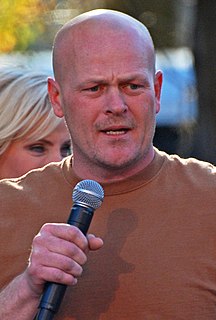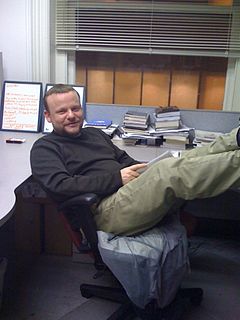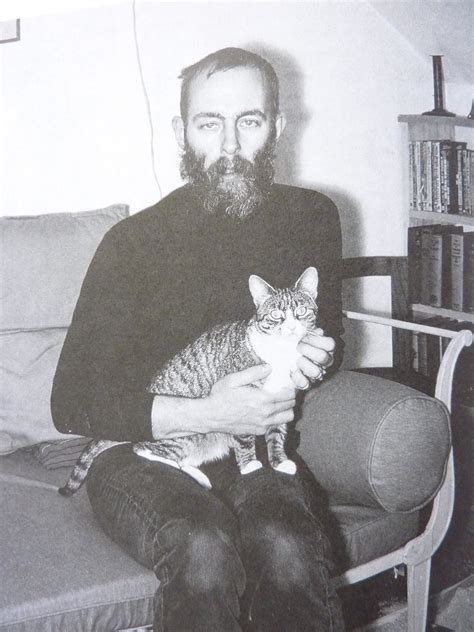A Quote by Joe Wurzelbacher
In my dictionary, and everyone's dictionary in the 1970s, the word 'queer' did mean strange and unusual. There was no slur to it.
Related Quotes
Actually if a writer needs a dictionary he should not write. He should have read the dictionary at least three times from beginning to end and then have loaned it to someone who needs it. There are only certain words which are valid and similes (bring me my dictionary) are like defective ammunition (the lowest thing I can think of at this time).
The bold and discerning writer who, recognizing the truth that language must grow by innovation if it grow at all, makes new words and uses the old in an unfamiliar sense has no following and is tartly reminded that 'it isn't in the dictionary' - although down to the time of the first lexicographer no author ever had used a word that was in the dictionary.
A panda walks into a tea room and ordered a salad and ate it. Then it pulled out a pistol, shot the man in the next table dead, and walked out. Everyone rushed after it, shouting "Stop! Stop! Why did you do that?" "Becuase I am a panda," said the panda. "That's what pandas do. If you don't believe me, look in the dictionary." So they looked in the dictionary and sure enough they found Panda: Racoon-like animal of Asia. Eats shoots and leaves.
The dictionary has been in the making for several decades, and the result is well worth the wait. MacLean and those who worked with her have consulted with Iñupiaq speakers from across Alaska's North Slope to compile a comprehensive collection of word stems, along with postbases, grammatical endings, and an array of other valuable material. . . . This dictionary will prove fascinating for anyone interested in the Iñupiat and their language.
A lot of people thought oh, we caught the dictionary in racism, or all it takes is a whole bunch of people saying that a word is bad for the dictionary to change it. That's not the case. For nude, things that are called nude color, that color palate has broadened very recently, in the last maybe seven to 10 years, and now covers all skin tones.


































